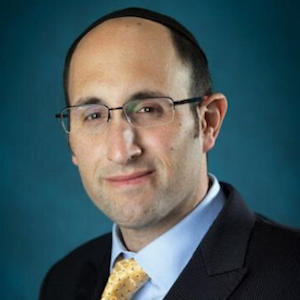In February 1861, on the way to his inauguration as America’s 16th president, Abraham Lincoln stopped in Trenton, New Jersey, where he described himself as a “humble instrument in the hands of the Almighty, and of this, his almost chosen people, for perpetuating the object of that great struggle.” In describing Americans as an “almost chosen people,” Lincoln points to the Hebrew Bible and the miraculous story of the Jewish People as the American model of a particular nation with a distinctive purpose and universal significance.
Americans no longer share a common understanding of the meaning of America’s “great struggle.” What is this nation for? What did Abraham Lincoln mean when he called the American people “almost chosen”? Freedom is essential to the American constitutional order, but Lincoln thought the soul of the nation was destined for “something even more than National Independence; that something that held out a great promise to all the people of the world to all time to come.”
Rabbi Dr. Meir Soloveichik of Congregation Shearith Israel and Yeshiva University will shed light on the debate gripping America about the meaning of nationalism, our civic identity, the role of religion in the public square, and how both biblical and philosophical ideas inspired the American founding and American public life to this day.
